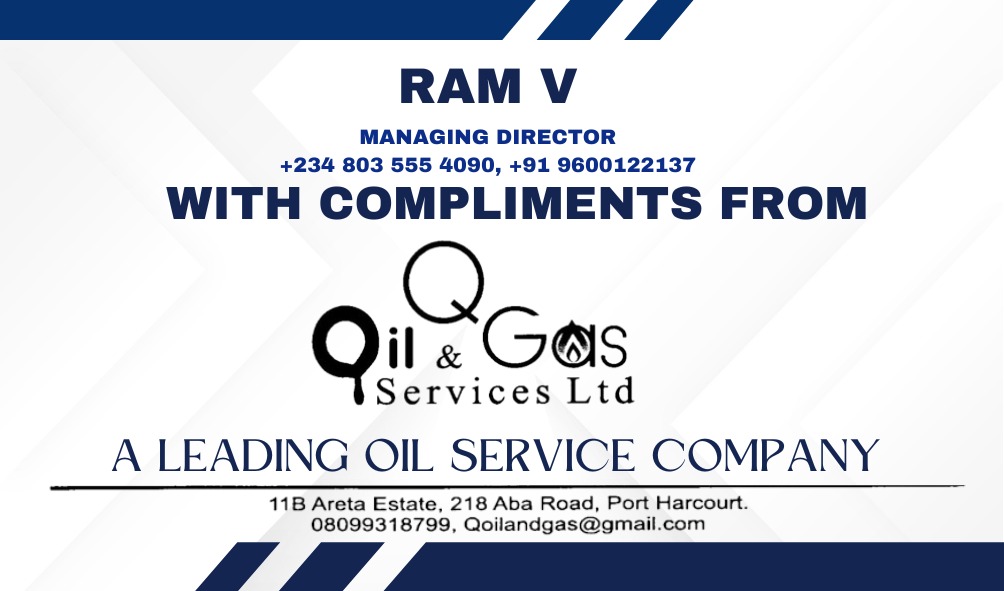Master of Personnel Management (MPM)
About department
description
Master of Personnel Management (MPM) is a specialized graduate degree program focused on human resource management (HRM) and organizational development. It is designed to prepare individuals for leadership roles in managing human capital within organizations, including recruitment, training, performance evaluation, compensation, and employee relations.


Connect with us
Beneficial
- Course Level: The MPM program is at the postgraduate level, typically pursued after completing a bachelor’s degree in business administration, management, psychology, sociology, or a related field. It is suitable for individuals seeking to advance their careers in HRM or transition into the field from other disciplines.
- Duration: The duration of an MPM program varies depending on the institution and program structure. It typically takes one to two years to complete when pursued full-time.
- Mode: MPM programs are commonly offered in both full-time and part-time modes to accommodate the needs of working professionals and students with other commitments. Some programs may also offer online or distance learning options.
- Eligibility Criteria: The eligibility criteria for admission to an MPM program vary by institution but generally require applicants to have a bachelor’s degree from a recognized university or college. Some programs may also require relevant work experience in HRM or a related field.
- Admission Process: The admission process for MPM programs typically involves submitting an application through the respective institution’s admissions portal, along with required documents such as transcripts, letters of recommendation, a statement of purpose, and/or standardized test scores. Some programs may also require applicants to attend interviews or submit additional materials.
- Areas of Employment: Graduates of MPM programs can pursue various career opportunities in:
- Corporations and businesses: HR management roles in companies of all sizes and industries, including recruitment, training, performance management, compensation, and employee relations.
- Consulting firms: HR consulting and advisory services to businesses on HR strategy, organizational development, and talent management.
- Government agencies: HR positions in government departments and agencies responsible for public administration, labor relations, and human capital development.
- Non-profit organizations: HR management roles in non-profit and social service organizations, focusing on talent acquisition, retention, and employee engagement.
- Educational institutions: HR positions in colleges, universities, and educational institutions, managing faculty and staff recruitment, training, and development initiatives.
-
- Corporations and businesses: HR management roles in companies of all sizes and industries, including recruitment, training, performance management, compensation, and employee relations.
- Consulting firms: HR consulting and advisory services to businesses on HR strategy, organizational development, and talent management.
- Government agencies: HR positions in government departments and agencies responsible for public administration, labor relations, and human capital development.
- Non-profit organizations: HR management roles in non-profit and social service organizations, focusing on talent acquisition, retention, and employee engagement.
- Educational institutions: HR positions in colleges, universities, and educational institutions, managing faculty and staff recruitment, training, and development initiatives.



